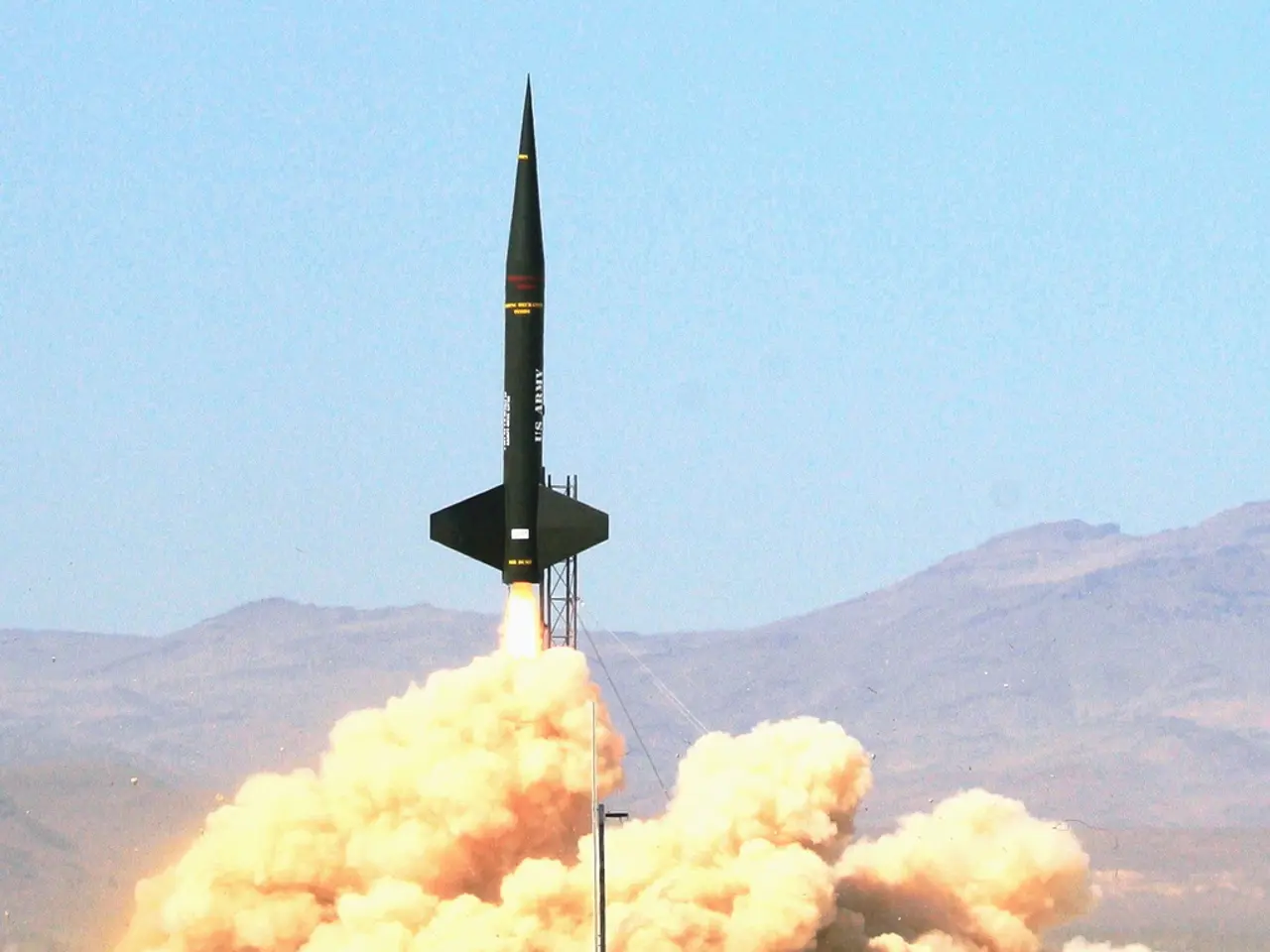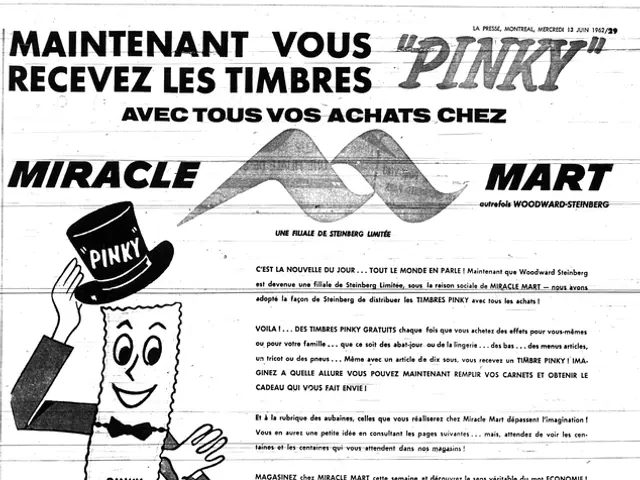European space sector's lesson in versatility and agility
In a historic panel discussion at a space conference in Singapore eleven years ago, the future of the space industry was debated, with contrasting perceptions between Europe and SpaceX becoming iconic. Richard Bowles, head of sales in Southeast Asia for Arianespace, described SpaceX's objectives as "dreams" and suggested that the reusability of rockets proposed by Elon Musk was an illusion. However, fast forward to the present, SpaceX has proven its capabilities and made its dreams come true, redefining the norms with frequent and affordable launches.
The reuse of Falcon 9 rocket's first stages and fairings has revolutionized the industry. Each booster is reused up to twenty times or more, reducing launch costs and increasing mission frequency. In stark contrast, the Falcon 9 rocket is significantly cheaper than Ariane 6, which will be more expensive and not offer any reusability. SpaceX's Starship promises to carry payloads five times larger than Ariane 6 at a fraction of the cost.
Despite these advances, Europe risks losing its competitiveness in the face of this technological revolution with its more traditional approaches. Some European officials are still resistant to change, burying their heads in the sand and ignoring the reality of the current market. The initial European skepticism about SpaceX's ambitions has been revealed as a misunderstanding of the company's vision and determination.
The panel discussion included representatives from various launch companies, including Arianespace for Europe and SpaceX for the United States. Barry Matsumori, SpaceX's senior vice president on the panel, responded calmly, arguing that the company would prove its capabilities on the ground. European Space Agency's director of space transportation, Toni Tolker-Nielsen, doesn't believe that SpaceX's Starship would be a real competitor or even a game changer.
Ignoring the lessons of SpaceX and clinging to traditional methods could potentially cost Europe dearly in the future. European leaders need to embrace innovation and reusability to avoid dependence on external actors. The lack of vision and reluctance to change could once again cost Europe dearly in the long run.
As of now, SpaceX performs more than a hundred launches per year, with the internal price for a Falcon 9 launch being very below twenty million dollars. The story of European skepticism toward SpaceX illustrates a crucial turning point in the space industry, highlighting the importance of embracing innovation and staying adaptable in a rapidly evolving field.
The reusability of SpaceX's Falcon 9 rockets, accomplished through the repeated use of first stages and fairings, has transformed the space industry, drastically reducing launch costs and increasing mission frequency, starkly contrasting with the more expensive and non-reusable Ariane 6. This technological innovation by SpaceX has the potential to challenge European competitiveness if they continue to adhere to traditional methods, placing Europe at risk of dependence on external actors and potentially costly consequences in the future. The initial European skepticism towards SpaceX's ambitions now appears to be a misunderstanding of their vision and determination.




